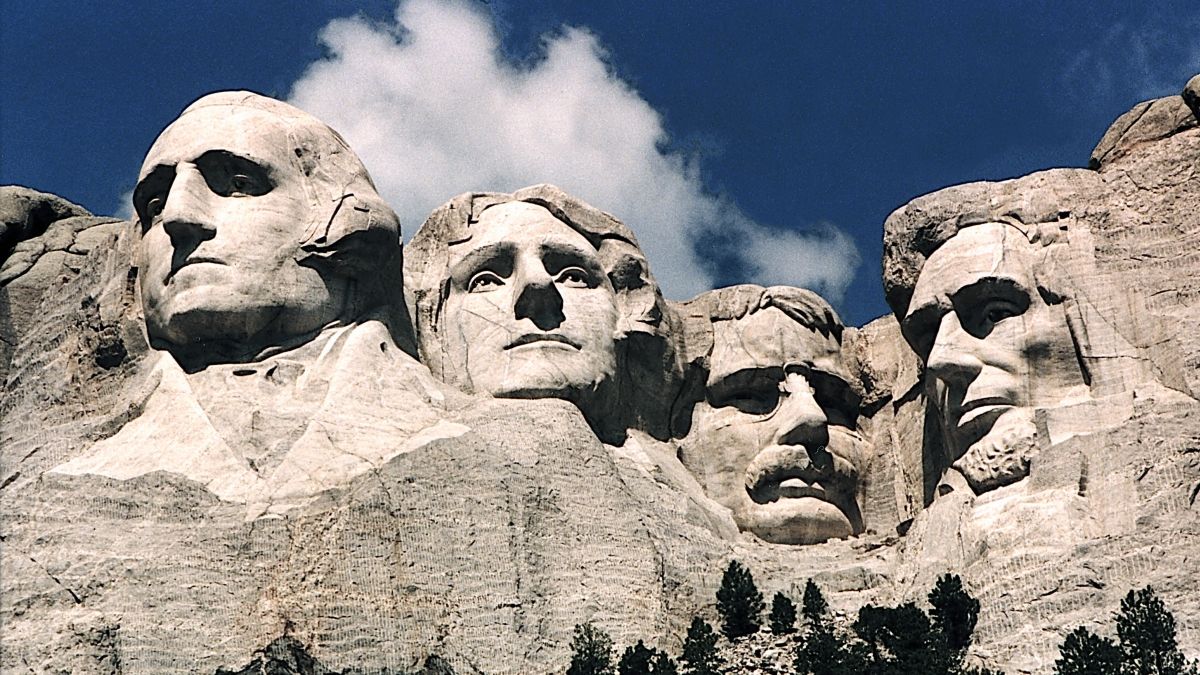The results of the poll correspond well with the results of a number of earlier polls, especially in the set of presidents regarded as Great or Near Great. The three Great ones are Washington, Lincoln, and Franklin D. Roosevelt. The Near Great comprise Jefferson, Jackson, Polk, Theodore Roosevelt, Wilson, and Truman. The Failures are Pierce, Buchanan, Andrew Johnson, Grant, Harding, Hoover, and Nixon, the last ranking at the very bottom of the heap.
What are we to make of this ranking? Well, it helps to know that the historians (and two politicians) doing the ranking are nearly all left-liberals. In this regard they faithfully represent the historical profession in the United States today. In making their judgments, such historians bring to bear left-liberal beliefs and values. Thus, one respondent, James MacGregor Burns, asks: "How can one evaluate such an idiosyncratic President [as Nixon], so brilliant and so morally lacking?"--as if Nixon were, in this crowd, uniquely immoral.
One need not ponder the rankings long, however, to discover a remarkable correlation: all but one of the presidents ranked as Great or Near Great had an intimate association with war, either in office or by reputation before taking office. Of the top-ranking "nine immortals," five (Lincoln, FDR, Polk, Wilson, and Truman) were commander in chief when the nation went to war, and three (Washington, Jackson, and Teddy Roosevelt) were best known prior to becoming president for their martial exploits. The one exception, Jefferson, confined his presidential bellicosity to authorizing, with Congressional consent, the naval engagements against the Barbary pirates. (Of course, he had been a revolutionary official during the War of Independence.)
In contrast, of the eleven presidents ranked as Below Average or Failure, all but one (Nixon) managed to keep the nation at peace during their terms in office, and even Nixon ultimately extracted the United States from the quagmire of the war in Vietnam, though not until many more lives had been squandered.
The lesson seems obvious. Any president who craves a high place in the annals of history should hasten to thrust the American people into an orgy of death and destruction. It does not matter how ill-conceived the war may be. Lincoln achieved his presidential immortality by quite unnecessarily plunging America into its greatest bloodbath--ostensibly to maintain the boundaries of an existing federal union, as if those boundaries possessed some sacred status. Wilson, on his own initiative and against the preference of a clear majority of the American people, propelled the country into a grotesquely senseless, shockingly barbarous clash of European dynasties in which the United States had no substantial national interest. On such savage and foolish foundations is presidential greatness constructed.
I have a theory: left-liberal historians worship political power, and idolize those who wield it most lavishly in the service of left-liberal causes. How else can one account for the beatification of Lincoln, Wilson, and Franklin Roosevelt? Truman, now so elevated in the estimation of the historians, left office in unpopularity bordering on disgrace because of his Korean War disaster, but the historians forgive him, admiring his use of nuclear weapons and attempts to preserve and extend the New Deal. Theodore Roosevelt, a bloodthirsty proto-fascist, evokes admiration because of his public flogging of big business, a perennial left-liberal whipping boy.
~ Robert Higgs, Research Director for the Independent Institute and editor of The Independent Review, "No More Great Presidents," Mises.org, February 19, 2007


No comments:
Post a Comment